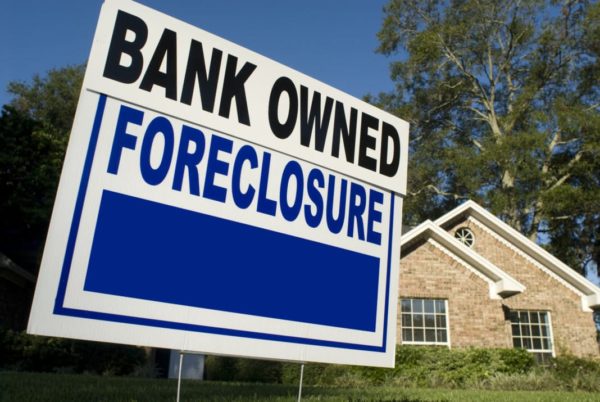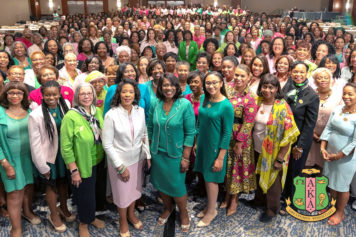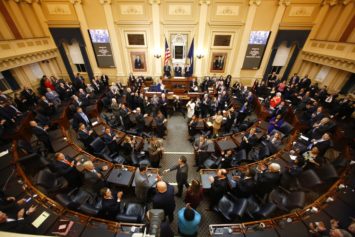
Miami city leaders argued that predatory lending practices by big banks led to a surge in home foreclosures. (Photo by KLH49/Getty Images)
Cities can now sue banks over predatory mortgage lending to nonwhite borrowers, thanks to a recent ruling by the U.S. Supreme Court.
The court ruled 5-3 on Monday, May 1, that the city of Miami could pursue damages against financial institutions city leaders said caused a surge in home foreclosures due to prejudicial lending practices, giving the green light for other cities to take similar action.
In 2013, the Florida city sued Bank of America, Citigroup and Wells Fargo, alleging that the banks’ predatory lending practices in nonwhite neighborhoods violated the Fair Housing Act and ultimately led to a real estate meltdown that nearly bankrupted the city, according to the Miami Herald. Elected leaders also argued that the wave of foreclosures was to blame for undercutting the city’s tax base in the late 2000s.
“We’re pleased that the Supreme Court validated the city’s standing to bring its claims under the Fair Housing Act,” said Miami city attorney Victoria Mendez. “We look forward to litigating this case further in federal court.”
In a separate ruling, however, the justices voted 8-0 to throw out a ruling by the 11th U.S. Circuit Court of Appeals, which found that Miami had provided sufficient evidence to move forward with its lawsuits against the banks. The SCOTUS stopped short of tossing the case entirely, though, and gave the city yet another shot at presenting its argument in front of a lower court.
Monday’s ruling could be described as a partial victory for both sides. However, the court’s conservative justices remained skeptical that Miami would be able to prove the direct link between the banks’ lending practices and its financial woes.
“Under Miami’s own theory of causation, its injuries are one step further removed from the allegedly discriminatory lending practices than the injuries suffered by the neighboring homeowners whose houses declined in value,” wrote Justice Clarence Thomas, the sole African-American justice on the court. “No one suggests that those homeowners could sue under the [Fair Housing Act], and I think it is clear that they cannot.”
Liberal Justice Stephen Breyer dissented, writing that Miami had legal standing to sue the banks but needed to do “more than show that its injuries foreseeably flowed from the alleged statutory violation.”
As city leaders lauded the court’s ruling, Wells Fargo spokesman Tom Goyda issued a statement applauding the Supreme Court for bringing “us one step closer to ending the litigation brought by the city of Miami and other municipalities under the Fair Housing Act.”
“We believe that under the stringent standards articulated by the Supreme Court, it will be very difficult for Miami or any other municipality to show the required connection between the claimed damages and unsubstantiated allegations about our lending practices, which do not reflect how we operate in the communities we serve,” Goyda said.
Lawrence Grayson of Bank of America corporate communications echoed Goya’s sentiments, saying in an email, “BOA is committed to the goals and intent of the Fair Housing Act. We believe these claims are without merit, and we will continue to defend our interests in this matter.”
Citigroup didn’t respond to requests for comment but has challenged Miami’s claim that they spent a decade luring African-American and Latino borrowers into taking out high-risk loans.
Miami Commissioner Francis Suarez, who pushed the city to sue the banks back in 2013, said the city can either move forward with its litigation or consider a settlement now that it has greater leverage in the matter.
“Every citizen in the city should be proud that the city fought on its behalf and that we’ve tried to undo some of the injustice done by these banks,” Suarez said.
Like Miami, other cities, including Los Angeles and Oakland, have launched similar lawsuits against banks, according to Reuters. Those cases are still pending.


